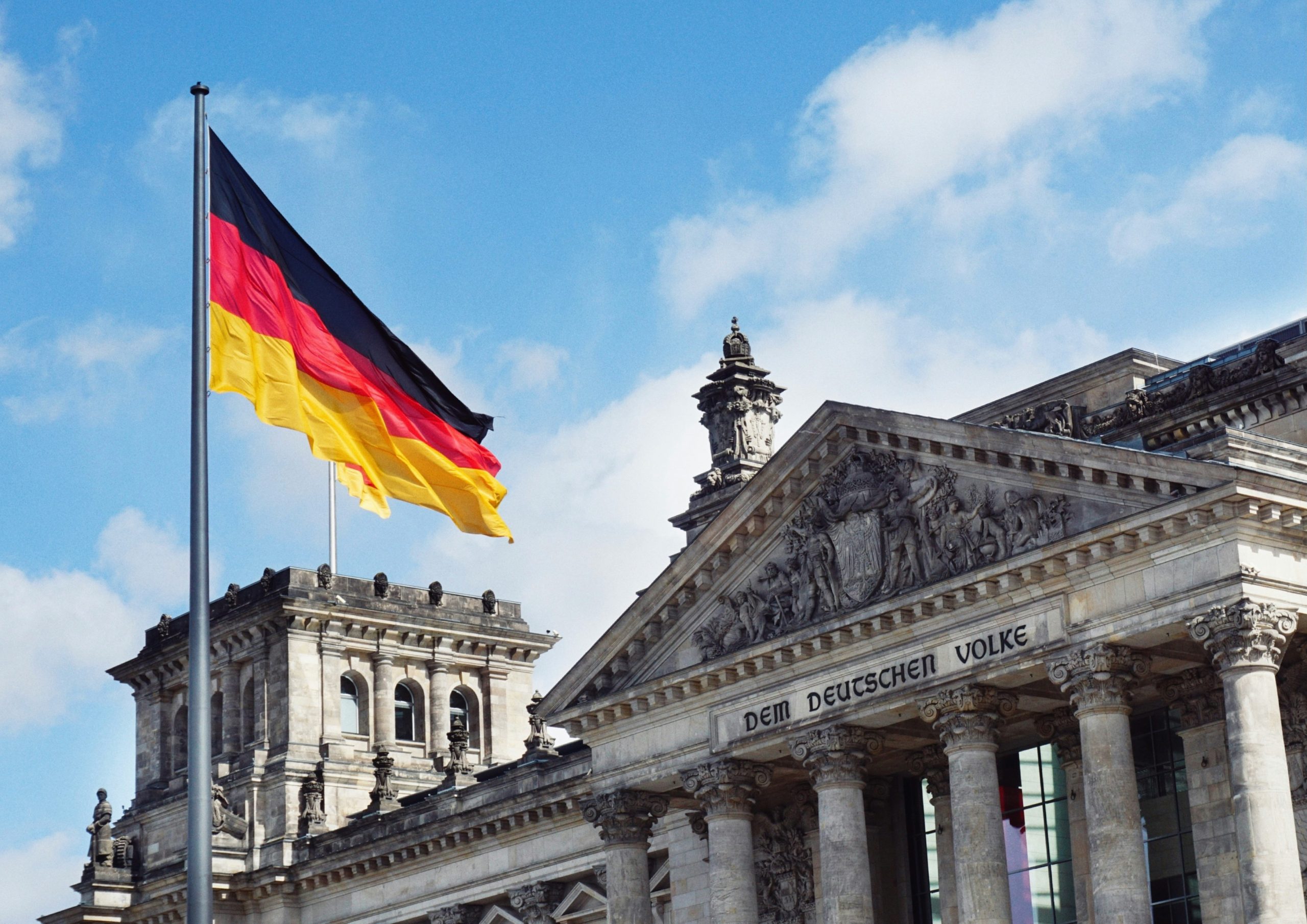Binance to Launch Crypto Payments in Kyrgyzstan Via Strategic Partnership
Binance has partnered with Kyrgyzstan to introduce crypto payment solutions and implement blockchain education initiatives nationwide.

Pioneering Fully Regulated Tokenised Exchange: 21X is set to launch the first fully regulated blockchain-based exchange in Europe for tokenised securities, operating under the EU’s DLT Pilot Regime. This initiative enables the trading and settlement of tokenised financial instruments, including equities, bonds, and funds, while leveraging blockchain for efficiency, security, and cost reduction.
Blockchain Innovation with Institutional Focus: Built on the Polygon blockchain, 21X’s platform emphasises atomic settlement, smart contracts, and the reduction of intermediaries. It adopts a B2B2X model, collaborating with financial institutions to bring tokenised securities to institutional and retail investors.
Strategic Global Partnerships and Future Growth: Partnerships with firms like SBI Digital Markets open pathways for global trading and settlement of tokenised assets. 21X plans to scale its offerings in line with market demand and regulatory frameworks, focusing initially on products like exchange-traded funds and private equity funds.
German fintech startup 21X has achieved a significant milestone by obtaining a European Union (EU) licence to operate its tokenisation platform.
On December 3 2024, the firm announced that it had received a licence to operate a blockchain-based trading and settlement system regulated by European laws. This approval is essential in integrating blockchain technology into European financial markets. The platform aims to transform traditional investment processes by enabling the tokenisation of various assets, offering increased accessibility and efficiency to investors and businesses alike.
21X founder and CEO Max Heinzle said, “This is more than just a licence — it’s a revolutionary moment for capital markets.” He added, “For the first time ever, institutional and retail investors can trade and settle tokenised securities on a fully regulated, blockchain-based exchange with the same level of trust, security and compliance as traditional markets.”
Tokenisation involves converting physical or tangible assets into digital tokens on a blockchain, representing ownership or rights to those assets. These tokens include real estate, art, commodities, intellectual property, and financial instruments. Using blockchain, tokenisation introduces transparency, security, and fractional ownership opportunities, making it easier for a broader range of investors to participate in asset markets.
21X’s platform seeks to capitalise on this trend by offering robust infrastructure for businesses to tokenise their assets. This could open up new capital streams for small and medium-sized enterprises (SMEs) and create innovative financial products for investors. Tokenisation also reduces traditional barriers such as high transaction costs and extensive regulatory red tape, fostering a more inclusive financial ecosystem.
Securing the EU license allows 21X to legally operate across the European Economic Area (EEA), giving it access to a vast and diverse market. The licence demonstrates regulatory confidence in its operations, signalling that its platform complies with stringent European financial and technological standards.
The approval arrives at a critical time when the EU increasingly focuses on digital finance and blockchain adoption. With initiatives like the Markets in Crypto-Assets (MiCA) regulation, Europe aims to establish a clear and consistent framework for digital assets. 21X is now strategically positioned to leverage these developments and drive innovation in asset tokenisation across the region.
This regulatory green light also enhances investor confidence in tokenised assets. By ensuring compliance and legal clarity, 21X reduces risks often associated with blockchain ventures, such as fraud or lack of accountability. As a result, institutional and retail investors may be more inclined to explore opportunities in this emerging sector.
The EU licence validates 21X’s business model and sets a precedent for other fintech startups aiming to integrate blockchain into traditional finance. The company plans to expand its platform offerings, including launching marketplaces for trading tokenised assets and incorporating advanced features such as decentralised finance (DeFi) tools.
For businesses, especially SMEs, tokenisation provides a new avenue to raise capital without diluting equity or navigating complex banking procedures. Meanwhile, buying fractional shares in high-value assets, such as luxury real estate or rare collectables, democratises wealth-building opportunities for investors.
As tokenisation gains traction, 21X could play a pivotal role in shaping the future of European financial markets. With its EU license and robust technological foundation, the company is well-equipped to bridge the gap between traditional finance and blockchain-based solutions, driving growth in both sectors.
The EU licence marks a significant achievement for 21X, highlighting the growing acceptance of blockchain technology within regulated financial systems. The company is poised to reshape investment dynamics and expand access to previously exclusive asset classes by pioneering a tokenisation platform. As the fintech continues to innovate, its success could pave the way for broader adoption of tokenised finance across Europe and beyond.
Binance has partnered with Kyrgyzstan to introduce crypto payment solutions and implement blockchain education initiatives nationwide.
The North Carolina House approved a bill, 71-44, permitting the state treasurer to invest public funds in select, authorised...
AUSTRAC, has announced a crackdown on inactive registered cryptocurrency exchanges to eliminate potential scams.
If approved by United Arab Emirates regulators, the dirham-backed stablecoin—regulated by the central bank—will run on the ADI blockchain.